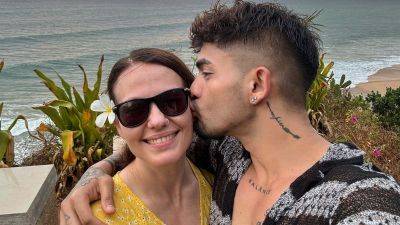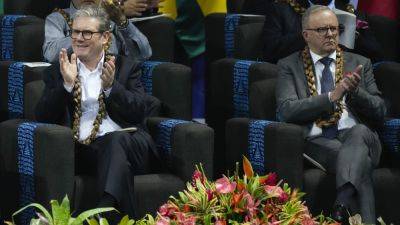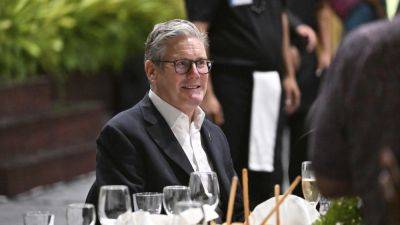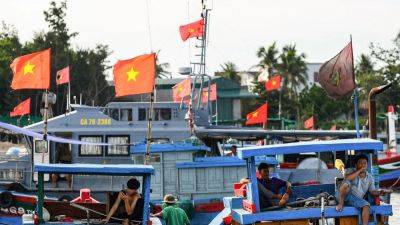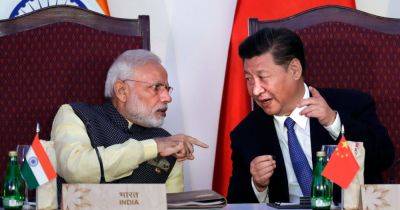Australia’s leader rejects Beijing’s claims that his country is rife with ‘racism and hate crimes’
WELLINGTON, New Zealand (AP) — Australia’s Prime Minister Anthony Albanese has rejected accusations from Beijing that his country is “plagued by systemic racism and hate crimes” after an Australian diplomat led a group of Western nations in renewing concerns about human rights violations in China.
“When it comes to China, we’ve said we’ll cooperate where we can, we’ll disagree where we must, and we’ll engage in our national interest, and we’ve raised issues of human rights with China,” Albanese told reporters on Thursday as he arrived in the Pacific Island nation of Samoa for a Commonwealth leaders’ summit.
A day earlier, China’s foreign ministry spokesperson Lin Jian had denounced a statement made by 15 nations to the United Nations General Assembly this week — presented by a top Australian envoy — underscoring “ongoing concerns” about “serious human rights violations” in Xinjiang and Tibet.
James Larsen, Australia’s ambassador to the U.N., urged China to “uphold the international human rights obligations that it has voluntarily assumed” by releasing “all individuals arbitrarily detained in both Xinjiang and Tibet, and urgently clarifying the fate and whereabouts of missing family members.”
The statement amounted to “political manipulation under the pretext of human rights,” Jian said Wednesday.
Singling out Australia for rebuke, Jian said the country was “long plagued by systemic racism and hate crimes” and should resolve its own affairs rather than criticizing China’s.
Albanese said Australia would “always stand up for Australia’s interests” and had raised the matter of human rights with Beijing in a “consistent and clear way.”
The Chinese government launched in 2017 a campaign of assimilation in the northwestern Xinjiang


